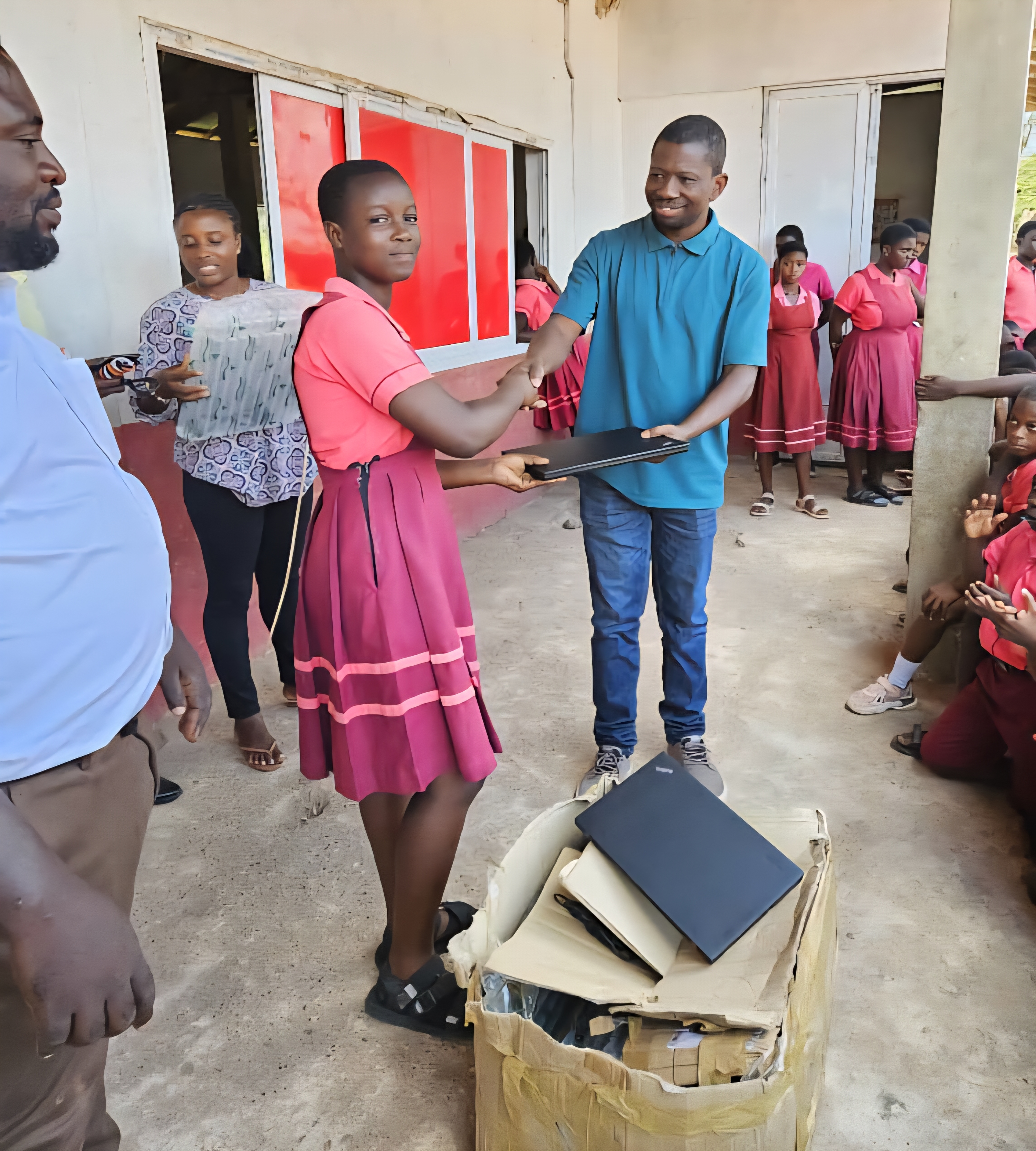The newly inaugurated government of Ghana, led by President John Dramani Mahama, is confronted with an urgent energy challenge requiring nearly $90 million to prevent a potentially devastating power crisis, commonly referred to as “dumsor.” This significant financial outlay is needed to procure liquid fuel to compensate for the impending interruption of natural gas supply from the West Africa Gas Pipeline Company (WAGP), which is scheduled for critical maintenance. The situation highlights the delicate balance of Ghana’s energy sector and the vulnerability of the nation to disruptions in its gas supply, posing a formidable challenge for the new administration. The government’s swift response, evidenced by emergency meetings, underscores the severity of the situation and the need for a robust and strategic approach.
The Impending Gas Pipeline Maintenance:
The West Africa Gas Pipeline Company (WAGP), which is responsible for supplying natural gas from Nigeria to Ghana, is set to undergo a major maintenance operation, known as “pigging.” This maintenance is essential for the long-term integrity and efficient operation of the pipeline, but will result in a near one-month suspension of gas supply to Ghana. This maintenance was initially scheduled for October 2024 but was postponed by the previous government to January 2025, which is when the new government came into power. This postponement has now presented the new Mahama government with an immediate energy challenge upon assuming office.
The Looming Threat of “Dumsor”:
The cessation of gas supply poses a severe threat to Ghana’s electricity generation capacity. According to the Ghana Grid Company Limited (GRIDCo), the power producers in the country do not have sufficient liquid fuel reserves to adequately compensate for the loss of natural gas. This deficit in generation capacity would likely result in frequent and widespread power outages, commonly known as “dumsor,” which has been a major source of public frustration and economic disruption in the past. The situation therefore presents a major challenge to the new government.
The Need for $90 Million in Liquid Fuel:
To mitigate the risk of “dumsor,” GRIDCo has stressed the urgent need for the government to procure liquid fuel to operate thermal plants in Tema. This liquid fuel would serve as a temporary substitute for natural gas, allowing the power producers to meet the country’s electricity demand during the maintenance period. GRIDCo has estimated that a total of $89.90 million is required to purchase the necessary quantities of liquid fuel. This significant financial commitment highlights the immediate cost associated with the interruption of gas supply and the measures required to maintain power stability.
Mitigation Efforts and Recommendations:
In addition to procuring liquid fuel, GRIDCo has provided other crucial recommendations to mitigate the impact of the gas pipeline maintenance. These include efforts to coordinate gas production from ENI and Tullow during the maintenance period to reduce their volumes, and accommodate the limited gas expected from Nigeria through WAGP. The recommendation shows the need to use a multipronged approach to solve this problem. Further recommendations include securing additional generation resources with a dependable capacity of at least 244.66 MW by the last quarter of 2025, and securing an additional 129 mmcfd of natural gas supply or liquid fuel equivalents to meet future demands. This is a clear indication of the long term plans that the country needs to take to avoid such a situation in future.
Government’s Swift Response and Emergency Meetings:
In response to this looming crisis, the new government has already taken proactive steps to address the situation. Emergency meetings have been initiated with various power sector stakeholders. These meetings aim to formulate a roadmap to navigate the immediate challenges associated with the pipeline maintenance and ensure a stable power supply. The rapid mobilization of government and industry stakeholders highlights the urgency and gravity of the situation and a desire to take all necessary steps to ensure a good outcome.
 Pazionmedia.com Pazion Media l Latest News l Politics l Sports l Entertainment
Pazionmedia.com Pazion Media l Latest News l Politics l Sports l Entertainment



